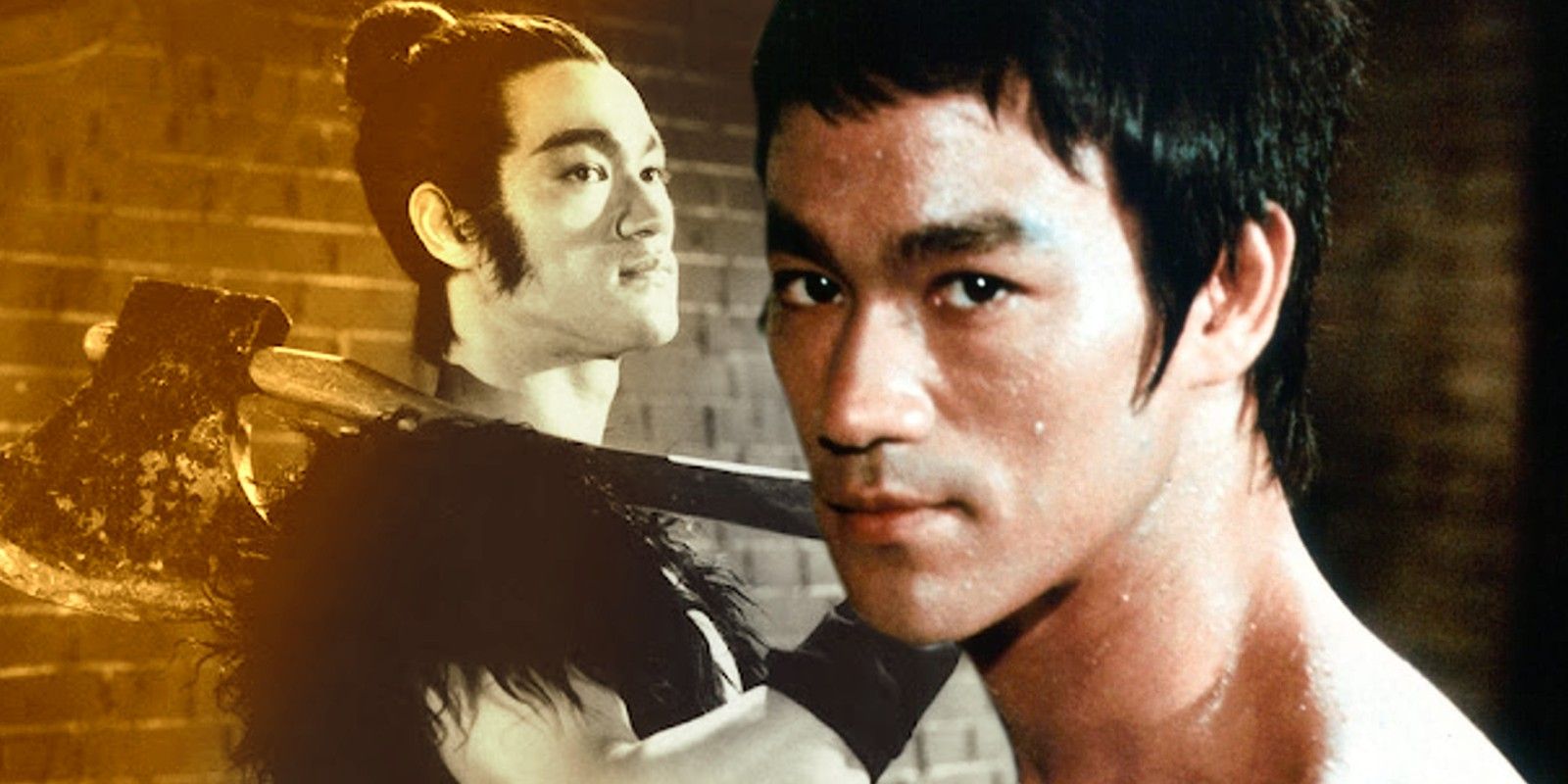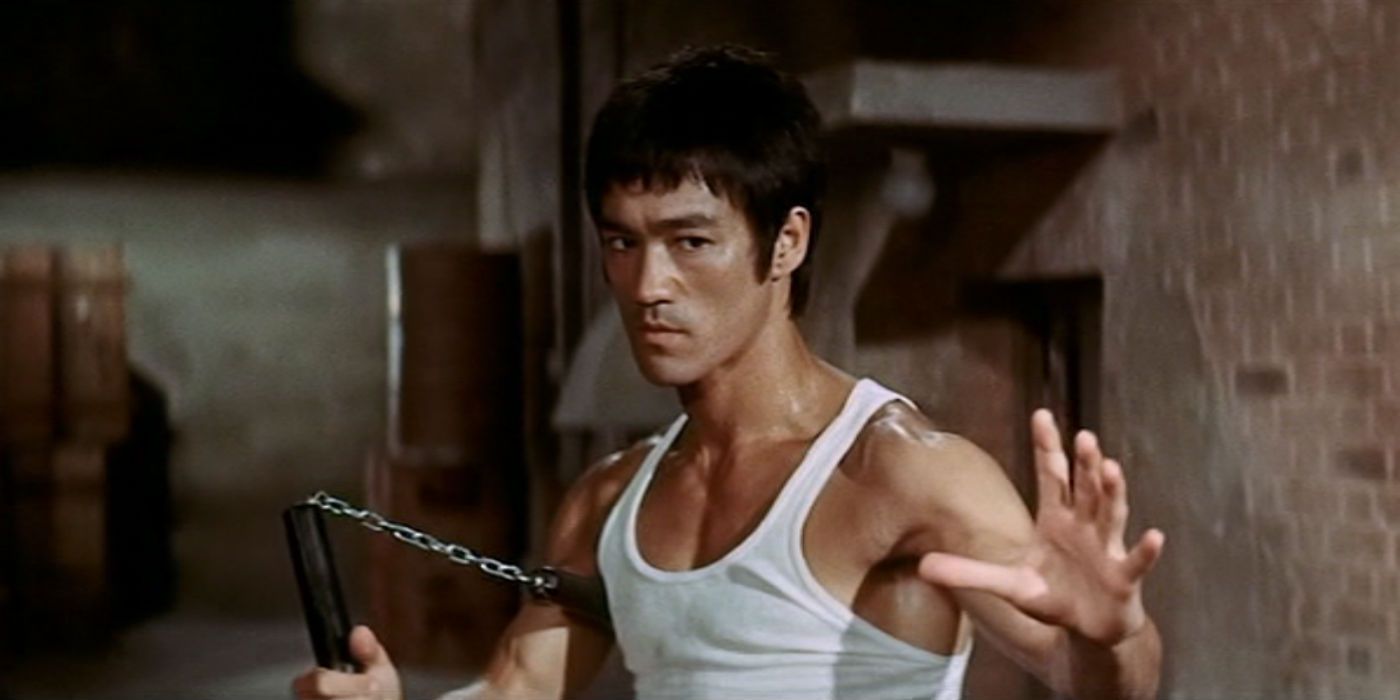
Despite having already found stardom in the early 1970s, Bruce Lee was never able to convince his studio to make Northern Leg Southern Fist. During his career, Lee had great difficulties trying to get passion projects like The Silent Flute off the ground. Unfortunately, various issues stood in the way of these movies from ever seeing the light of day.
When Bruce Lee was trying to make a name for himself in Hollywood, he spent a great deal of time writing his own material. In 1968, he pitched a TV series to ABC, but it was turned down. Later, he worked alongside screenwriter Stirling Silliphant and Hollywood A-lister James Coburn and to make a kung fu western called The Silent Flute with Warner Bros., but requirements for the production set by the studio caused too many setbacks. Much to Lee’s frustration, Coburn and Warner Bros. abandoned the project. This of course delayed Lee’s efforts to become a huge star, but instead of giving up, Lee went to Hong Kong and found fame as the lead in three kung fu flicks.
Even though Bruce Lee had become a huge name in the Hong Kong movie industry in the early 1970s, getting studios to approve his ideas remained a significant challenge for the actor. According to Bruce Lee: A Life by Matthew Polly, Lee developed a treatment for a movie titled Northern Leg Southern Fist, but Golden Harvest – the studio that produced his Hong Kong movies – wasn’t interested. Essentially, Northern Leg Southern Fist represented a second attempt at bringing his ultimately never-finished movie Silent Flute to life. So that it would appeal to Chinese audiences, Lee removed the western setting and reworked the story to align it with Asian culture, but it just wasn’t what Golden Harvest was looking for in a kung fu film.

Through Northern Leg Southern Fist, Lee would’ve brought his own journey as a martial artist to the big screen. Lee, who learned Wing Chun kung fu in his youth, eventually reinvented his fighting style by creating Jeet Kune Do because of the flaws he had found in traditional Chinese martial arts. He wanted to take the movie’s lead character down the same path by having him reach similar realizations about his kung fu. The experiences he would have gone through in reevaluating his approach to martial arts would have been deeply philosophical – and that’s fundamentally the issue that Golden Harvest had with Lee’s treatment. The studio’s position on it was that it was too intellectual for their audience.
Golden Harvest passing on Northern Leg Southern Fist made sense, as it certainly would have differed greatly from the revenge plots and patriotic rebellion stories that were so popular at the time in Hong Kong. Bruce Lee was disappointed with the decision but hoped he’d have another chance at making it happen. For Lee, the movie would have been the perfect opportunity to illustrate his own thoughts on kung fu. Northern Leg Southern Fist ultimately never went anywhere, but there were other moments in his career, such as him saying his famous “be water” line in his important role on Longstreet, where some of his personal beliefs did end up bleeding into his work.
from ScreenRant - Feed https://ift.tt/3pz8zoL


0 Comments